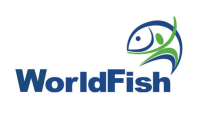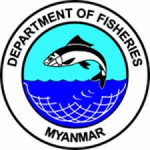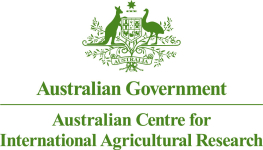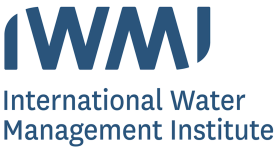The research strategy for MYFish2 will draw upon several existing conceptual frameworks on SSF management and in particular adaptive co-management to develop an analytical framework and tools to support DoF, NGOs, Universities, CSOs and sector stakeholders (i.e. private sector, district and township administrations, and village development committees) to:
• assess performance (ecological, social, and economic) of existing fisheries management practices under different access arrangements;
• diagnose problems in the management system and identify strategies and entry points, for improvements;
• introduce changes to the management practices and monitor and evaluate the outcomes; and
• disseminate the research findings to support the development of policies, regulations and management practices for improved fishery governance.
A core purpose of this project will be to build the research capacity of Myanmar scientists from government, universities, and NGOs. Once the strategies and entry points for improving existing management practices are identified, the pilot testing of improved practices (e.g. closed seasons, closed areas, gear restrictions, mesh size limitations), will be carried out based on the principles of adaptive co-management involving local communities/ CSOs and government. The research process and tools will be designed in such a way so that the DoF and other researchers who are less familiar with social science research and in-depth facilitation methods can grasp the concept of adaptive management and carry out the necessary data collection for the initial assessment as well as the M&E. This approach is essential for ensuring the sustainability of the M&E protocol that will be established through this project.











